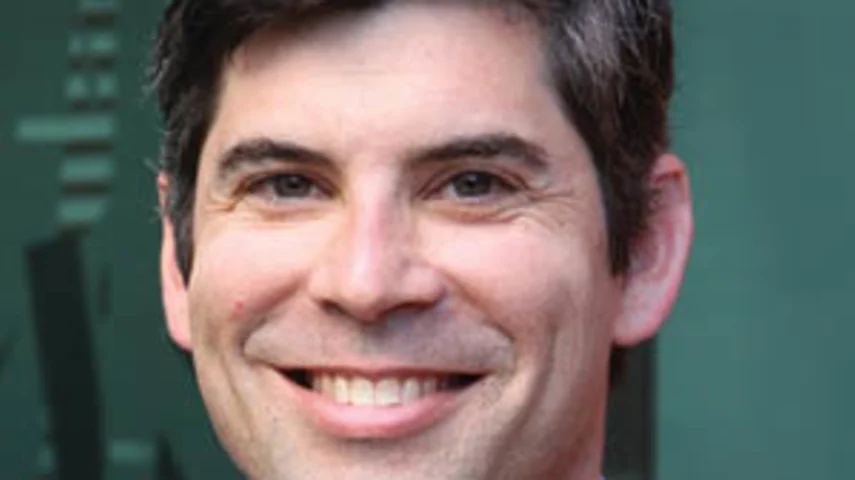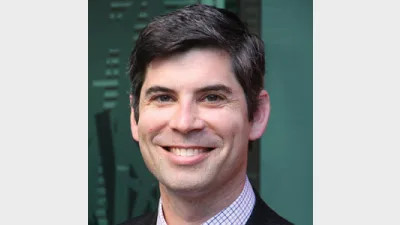Regulation is super's perennial challenge



Regulatory change will still be challenging the superannuation industry a decade from now, according to new research to be presented to the Conference of Major Superannuation Funds (CMSF) kicking off on the Gold Coast tomorrow.
The research, sponsored by BNP Paribas Securities Services and carried out in conjunction with Australian Institute of Superannuation Trustees (AIST) has pointed to regulation as being not only a constant for the superannuation industry but one which is likely to be a growing issue for the sector.
Previewing the presentation he will deliver to CMSF, BNP Paribas Securities Services chief administrative officer, Daryl Crich said the research found industry participants were most concerned about increasing government tinkering and regulation - and expected this to continue to pre-occupy the industry.
"Over 40 per cent of respondents think regulatory change will still be one of the biggest risks to our industry in 2025," he said. "Over 70 per cent expect there will be even more regulation in a decade."
Crich said that, currently, there appeared to be a sense that regulators didn't really understand the super industry and how it is different from banks, insurance companies.
He said the result was that superannuation funds were being confronted by new regulations that could be harmful to their businesses such as portfolio holdings disclosure and fee disclosures.
"By 2025, I would like to hope that government and regulators understand the super business better (as well as the key risks they need to protect members against) and regulation will be aimed at addressing these critical member risks," Crich said.
AIST chief executive, Tom Garcia said he was not surprised that some respondents worry that the Government will increasingly look at super as a source of revenue in the years to come.
"The research shows that the industry has significant concerns about regulatory change in the next ten years - another compelling reason for the need to define the objectives of super and set a strategic plan for the industry," Garcia said.
Recommended for you
The super fund has launched Retirement Manager, a digital advice tool helping members plan income, spending, and retirement confidence with integrated support.
APRA has warned retail super trustees that financial adviser involvement in recommending platform products does not diminish their obligations, as regulators turned the spotlight on the Shield Master Fund and First Guardian Master Fund during a meeting with fund CEOs.
AMP’s chief economist has unveiled a wish list for the Australian government’s Economic Reform Roundtable.
Australian retirees could increase their projected annual incomes between 3 and 51 per cent by incorporating personal and household data into their retirement income strategies, according to new research.









